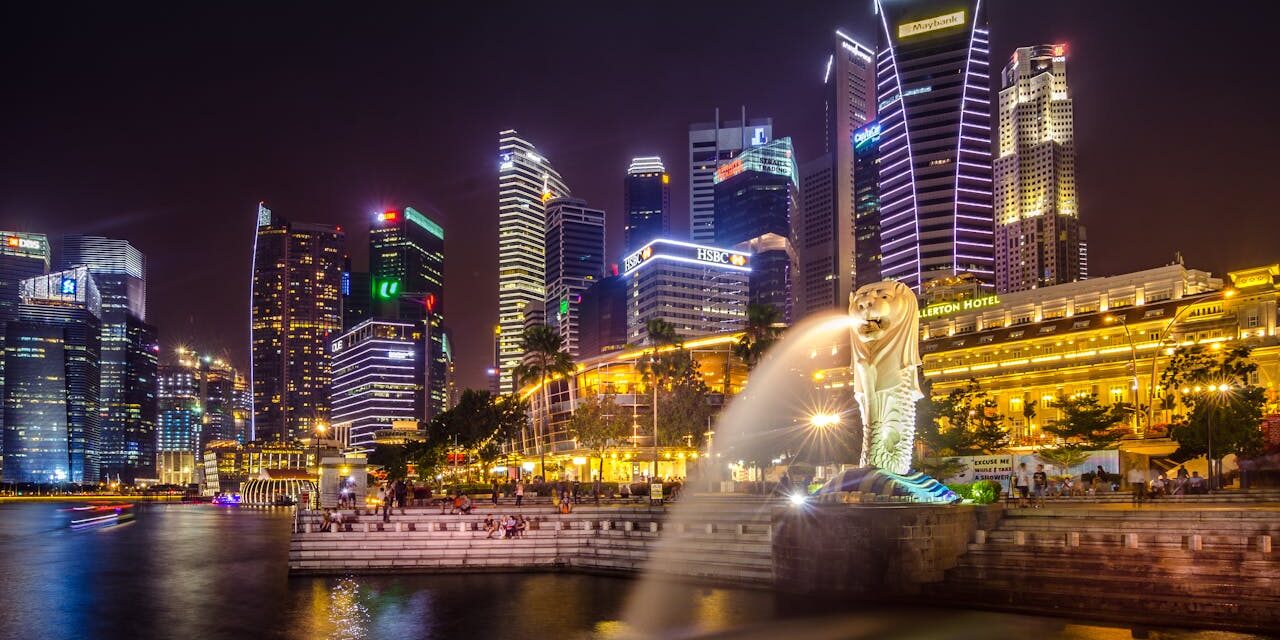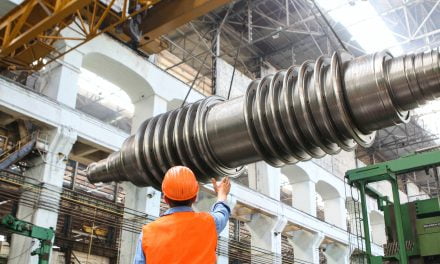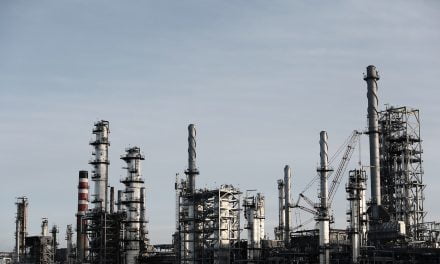Singapore’s economy expanded in the first quarter of 2024, helped by a strong performance within the services industry, but growth missed consensus estimates.
Singapore’s gross domestic product expanded by 2.7% in the first quarter of this year compared to a year prior, official data showed on Friday. This was an improvement from year-on-year growth of 2.2% in the previous quarter.
Two trends
This figure indicates two major trends, Senior Economist at S&P Global Market Intelligence Ahmad Mobeen told Diplomatic Network (Asia) in an interview.
“First, the services sector, especially accommodation and tourism, has been more dynamic and helped offset the still-subdued – though not for long – manufacturing sector output,” Mobeen said.
“Second, the domestically facing sector of the economy has been shouldering most of the burden of economic growth as the external sector environment remained challenging.”
This trend is likely to change in the coming quarters as exports rebound on the back of rising external demand. External demand has been dampened by high interest rates in the world’s major economies as well as economic woes in China.
“For the economy in general, the healthy growth will be reflected in positive consumer sentiments, improved business expectations, as well as better job market performance. Indeed, the February 2024 S&P Global Purchasing Managers’ Index numbers reflected the highest rate of private sector employment growth in Singapore ever since the survey data collection began in 2012,” Mobeen said.
The economy expanded by 0.1% on a quarter-on-quarter seasonally adjusted basis, building on 1.2% growth in the last quarter of 2024.
These figures are preliminary, with preliminary GDP estimates primarily relying on data collected during the initial two months of the quarter.
Taylor Swift’s kiss to the economy
“In particular, the accommodation sector saw robust growth due to a strong recovery in international visitor arrivals,” Singapore’s Ministry of Trade & Industry said in a statement.
The Services Producing Industries saw year-on-year growth of 3.2% in the first quarter of this year, up from 2.0% in the prior quarter. The strong performance was boosted by music superstar Taylor Swift’s six concerts held in March.
“This will revive merchandise exports and manufacturing sector growth, in addition to the robust tourism exports, and thus keep the real GDP growth momentum strong,” Mobeen said.
During the week of the concerts, between March 1 and 7, there was a 20% year-on-year increase in arrival traffic data from Changi Airport showed.
“Overall, in addition to tourism receipts, the concerts also had a significant spillover on hospitality and retail services, which contributed to the strong growth of these sub-sectors during the quarter,” Mobeen said.
Manufacturing Lags
The official GDP estimate fell short of the median forecast of 2.9% from a poll by Reuters. This was due to a lackluster performance in the Good Producing Industries, Mobeen said.
The Goods Producing Industries saw year-on-year growth of 1.4%, down from 1.9% in the previous quarter. The sector was stifled by a poor performance in the Manufacturing sector, which saw growth of 0.8%, down from 1.4% in the prior quarter.
Growth in Singapore’s Manufacturing sector decelerated to 0.8% year-on-year in the first quarter, down from 1.4% in the previous quarter.
“Output increases in the chemicals, precision engineering, and transport engineering clusters were mirrored by declines in the electronics, biomedical manufacturing, and general manufacturing clusters,” Mobeen said.
Construction segment growth slowed down to 4.3% year-on-year, compared to 5.2% in the third quarter last year. “[This] still remained robust thanks to increases in public sector projects, even as private construction contracted,” Mobeen said.
Brighter outlook
“Economic growth projections remain on the brighter side for the rest of the year as well as 2025,” Mobeen said.
The lingering cloud of inflation is expected to dissipate later this year while global economic growth is expected to rebound as monetary policy around the world is eased.
“From the fourth quarter, inflation is expected to ease, and this trend will continue in 2025. The local market wage growth has also softened and is anticipated to moderate throughout the year as labor market pressures ease,” Mobeen said.
“Additionally, productivity gains are expected, leading to a slower rate of increase in unit labor costs compared to the last two years.”
Meanwhile, the global electronics demand is set to recover, reviving export demand for Singapore’s manufacturers.
“This will revive merchandise exports and manufacturing sector growth, in addition to the robust tourism exports, and thus keep the real GDP growth momentum strong,” Mobeen said.
*(15/04/2024) Correction: added “since the survey data collection began in 2012” after “the February 2024 S&P Global Purchasing Managers’ Index numbers reflected the highest rate of private sector employment growth in Singapore ever”.






